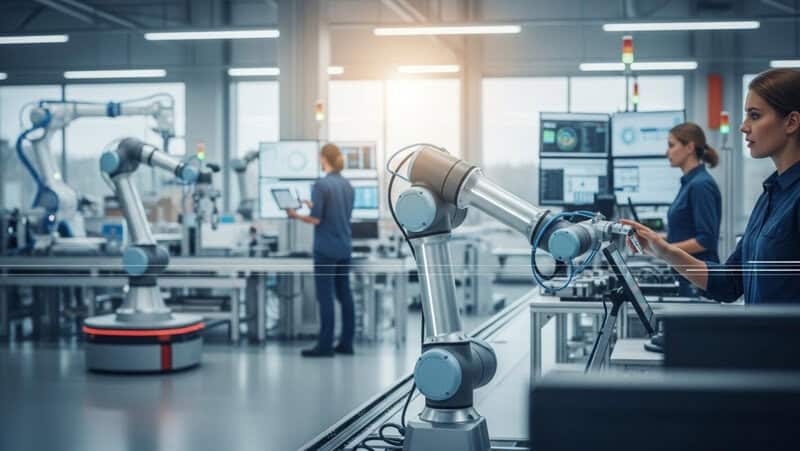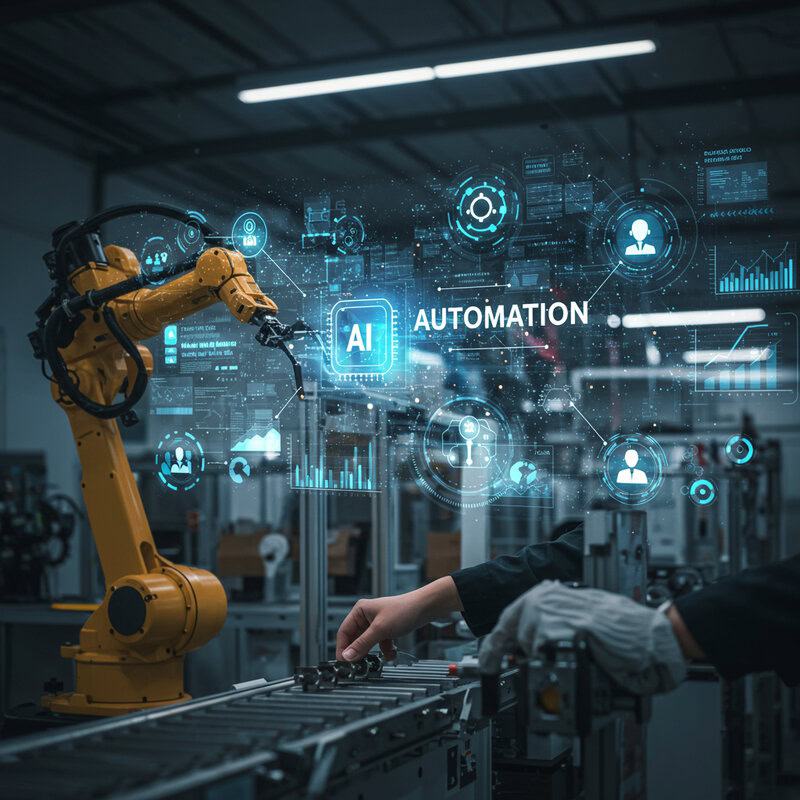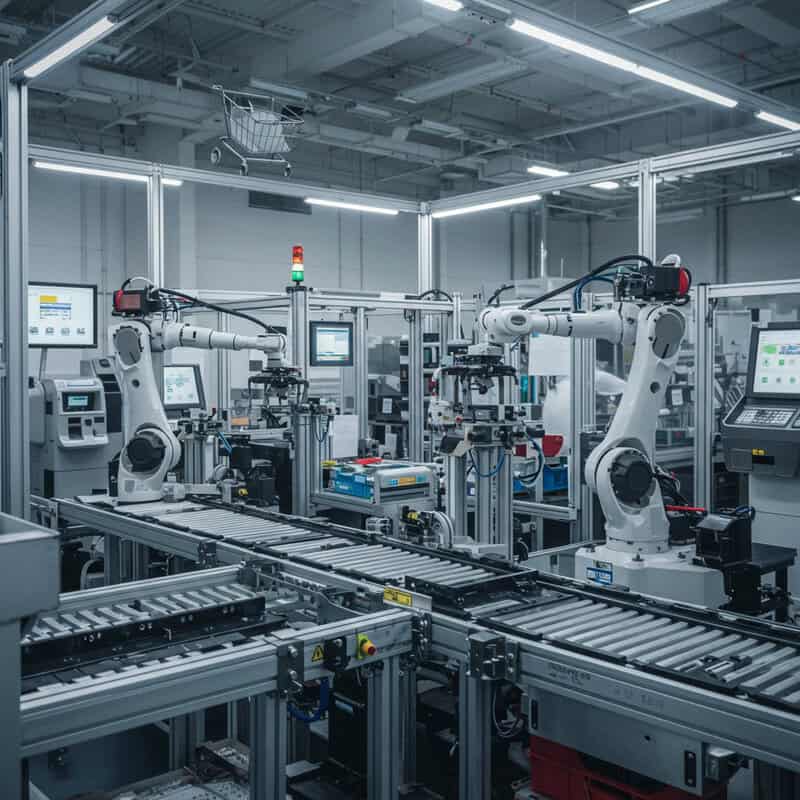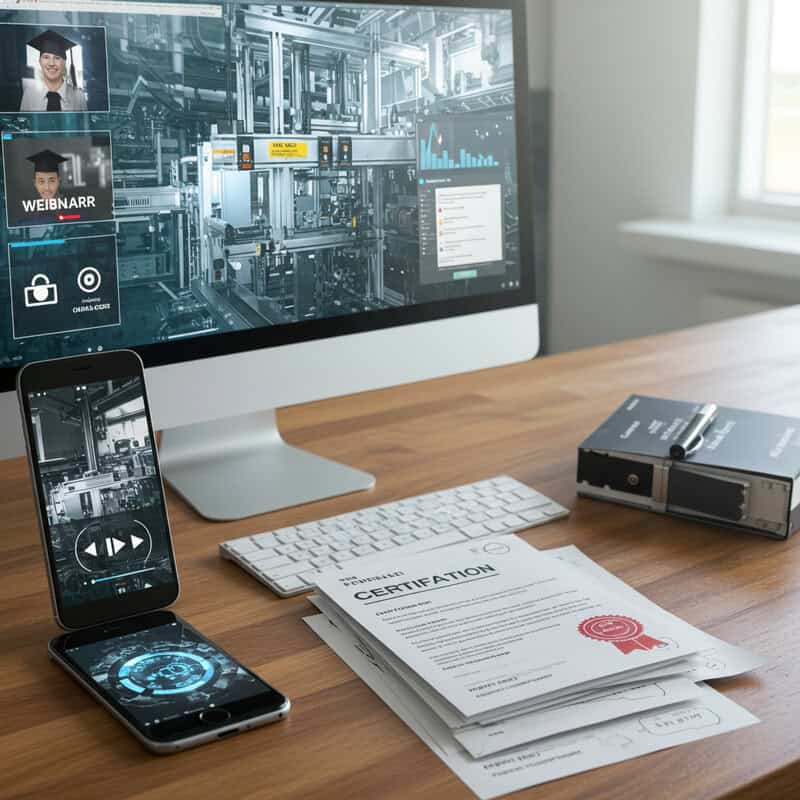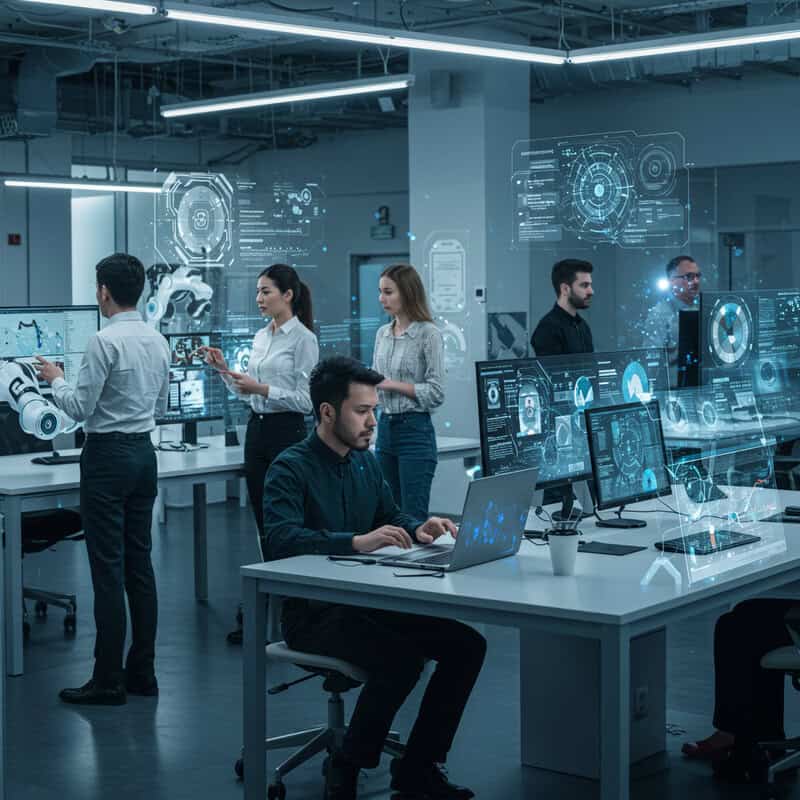Automation is rapidly transforming industries, reshaping how businesses operate and how employees contribute. From manufacturing to healthcare and finance, intelligent machines and software are taking over repetitive tasks, creating both opportunities and challenges.
Understanding automation’s growing impact is essential for anyone aiming to thrive in the workforce of tomorrow. In this article, you’ll discover how automation is fundamentally changing job roles, which new skills are rising in demand, and practical strategies for staying competitive in an evolving job market.

